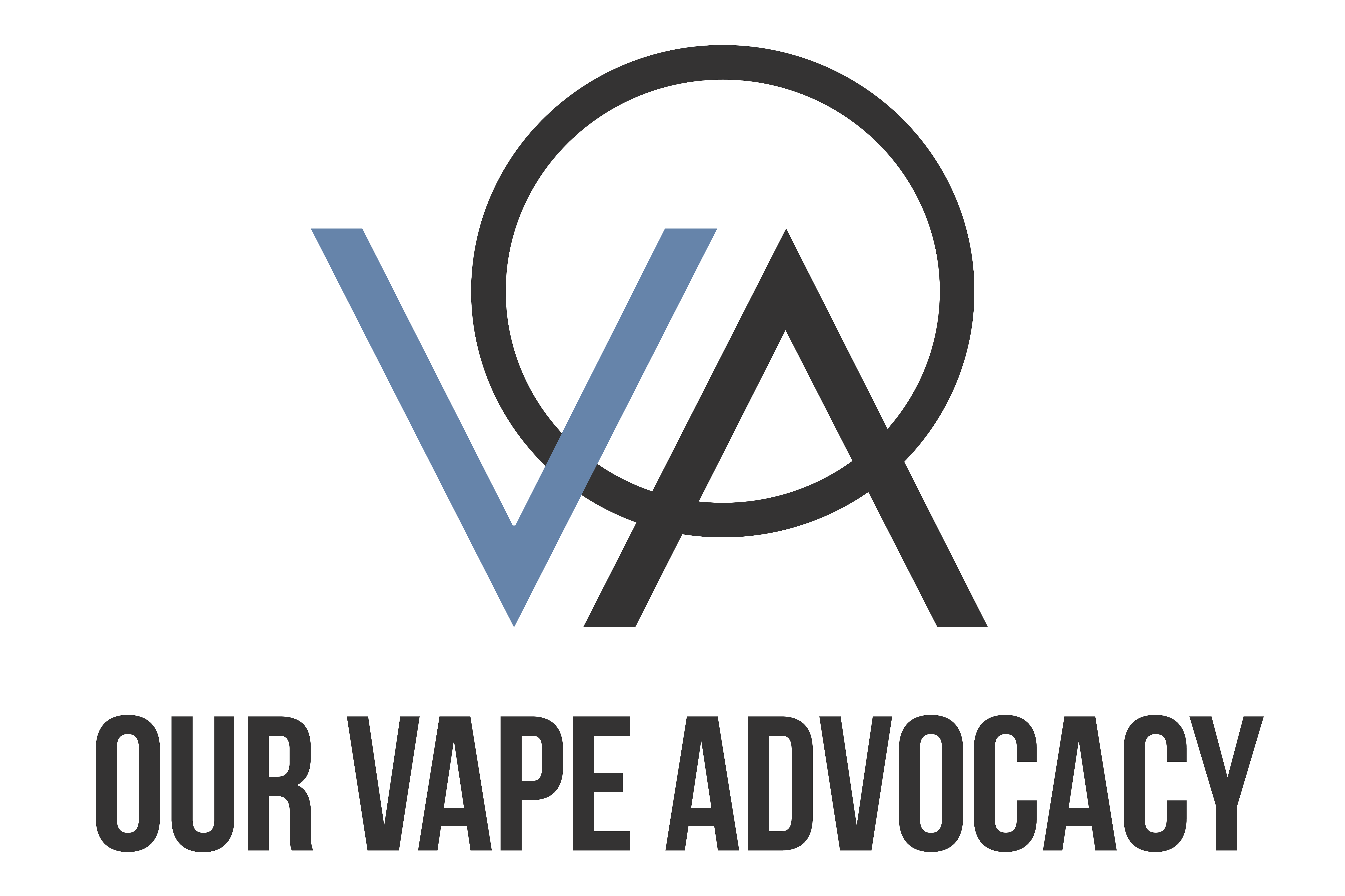VAPE REGULATIONS UK
VAPE REGULATIONS UK
Navigating vape regulations in the UK can be challenging for manufacturers and retailers.
These regulations not only impact business operations but also shape consumer behavior.
Here at Our Vape Advocacy, we aim to help you understand and adapt to these changes.
Effective compliance and industry engagement are key to thriving in this evolving landscape.
What Are the Current Vape Regulations in the UK?
Navigating vape regulations in the UK can be challenging for manufacturers and retailers. These regulations not only impact business operations but also shape consumer behavior. Here at Our Vape Advocacy, we aim to help you understand and adapt to these changes. Effective compliance and industry engagement are key to thriving in this evolving landscape.
Key Guidelines for Manufacturers and Retailers
Manufacturers must meet strict guidelines to sell vaping products in the UK. All products must adhere to the Tobacco and Related Products Regulations 2016. This includes submitting detailed product information to the Medicines and Healthcare products Regulatory Agency (MHRA). Failing to comply can result in fines or products being removed from the market.
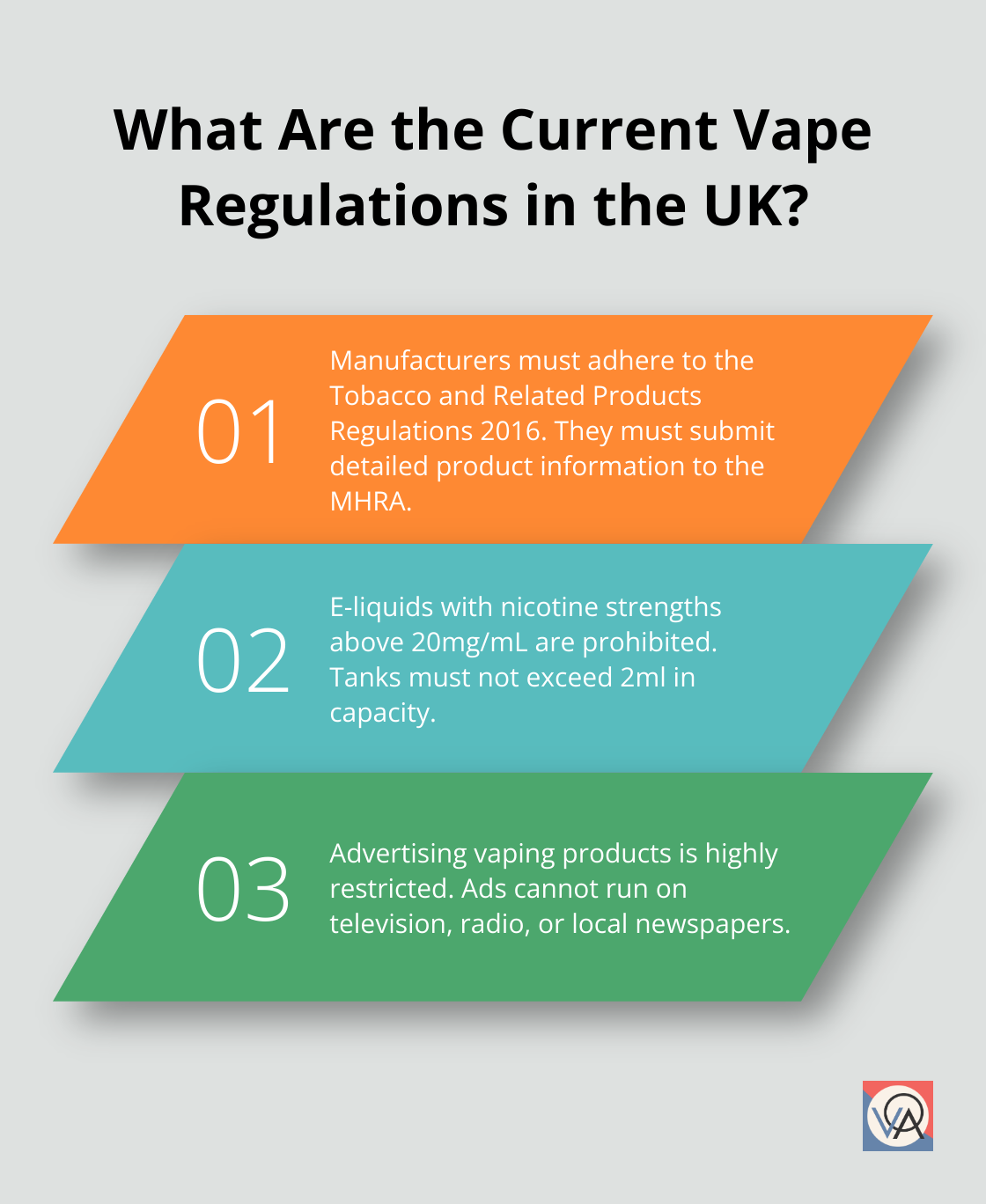
Retailers must ensure to sell products that meet quality and safety standards. Only e-liquids with nicotine strengths below 20mg/mL are permitted. Additionally, tanks must not exceed 2ml in capacity. Adhering to these rules is crucial for retailer credibility and consumer safety.
Restrictions on Advertising and Promotion
Advertising and promotion of vaping products in the UK are heavily restricted. The aim is to prevent the normalization of vaping, especially among young people. Ads cannot air on television, radio, or in local newspapers. Online advertising is also limited. Non-compliance can lead to penalties and tarnish a brand’s reputation.
Retailers should rely on point-of-sale promotions and educational campaigns focussed on harm reduction. Effective, compliant marketing strategies are essential to attract the right audience without breaking the law.
Age Verification and Sales Restrictions
Strict age verification measures are crucial to curbing youth access to vaping products. Retailers must enforce age checks rigorously. Selling vaping products to anyone under 18 is illegal. Failing to verify age can result in fines and loss of license.
Implementing robust ID verification systems both online and in physical stores can significantly mitigate risks. Employing third-party age verification services can also streamline the process and ensure compliance.
For a deeper understanding of these guidelines, check the UK government regulations on vaping products.
How Do Regulations Impact the Vape Industry?
Regulations have a significant impact on all facets of the vape industry. Understanding these effects is crucial for navigating the challenges and capitalizing on opportunities.
Compliance Costs for Businesses
Compliance with UK regulations comes with noticeable costs. From product testing to detailed submissions, these expenses can run high. Small businesses, in particular, feel the strain. According to a survey by the UK Vaping Industry Association, compliance costs account for up to 10% of operational budgets for small manufacturers. These costs can include lab testing, administrative expenses, and legal fees.
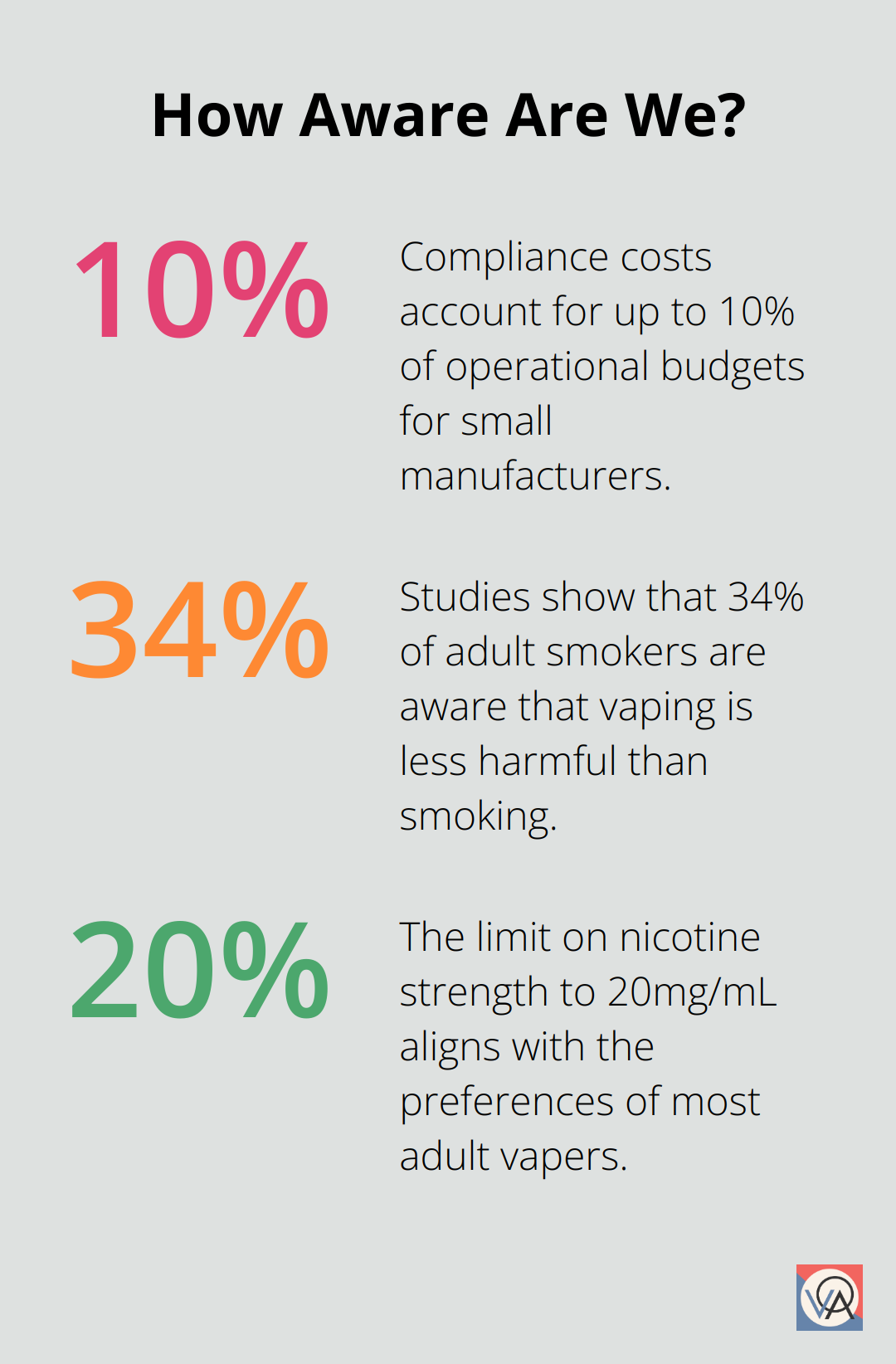
Manufacturers and retailers should budget for these costs from the beginning. Investing in robust compliance systems can save money in the long run by avoiding fines and market disruptions. Partnering with compliance experts can also help streamline processes and reduce expenses.
Changes in Consumer Behavior
Regulations significantly shape consumer behavior. Restrictions on advertising limit consumer awareness, but they also ensure that information available to the public is accurate. Studies show that 34% of adult smokers are aware that vaping is less harmful than smoking. Better information dissemination is crucial for correcting public misperceptions.
Consumer preferences are influenced by these regulations as well. For instance, the limit on nicotine strength to 20mg/mL aligns with the preferences of most adult vapers, who tend to use lower nicotine strengths. Flavors like fruit, menthol, and tobacco remain popular due to their regulatory approval and consumer demand. Retailers should focus on these flavors to better meet consumer needs while staying compliant.
Market Growth and Adaptation
Despite regulatory constraints, the UK vape market is growing. Vaping prevalence among adults in England was between 6.9% and 7.1% in 2021. The market has adapted by shifting focus to high-quality, compliant products. This trend can be seen in the rise of regulated disposables and tank models.
Retailers and manufacturers must innovate within the regulatory framework to stay competitive. Keeping up-to-date with regulatory changes is vital for strategic planning and market adaptation. Tools and services that provide real-time regulatory updates can be invaluable. For a practical guide on the evolving vape market, check out successful strategies for 2022.
Businesses that proactively engage with regulators also have a competitive advantage. Collaborating with industry bodies and staying informed about upcoming policy changes can help mitigate risks and identify opportunities for growth.
In the next chapter, we’ll explore the effectiveness of various compliance strategies, providing actionable steps to align your business with UK regulations.
Best Practices for Navigating Regulations
Staying Updated with Regulatory Changes
Keeping up with the latest regulations is non-negotiable. Regulatory landscapes evolve rapidly, and businesses caught off guard can face severe penalties. The UK government frequently updates the Tobacco and Related Products Regulations 2016 to address emerging issues in the vaping sector. One practical approach is subscribing to updates from industry bodies like the UK Vaping Industry Association. This ensures that you receive real-time notifications about any regulatory amendments.
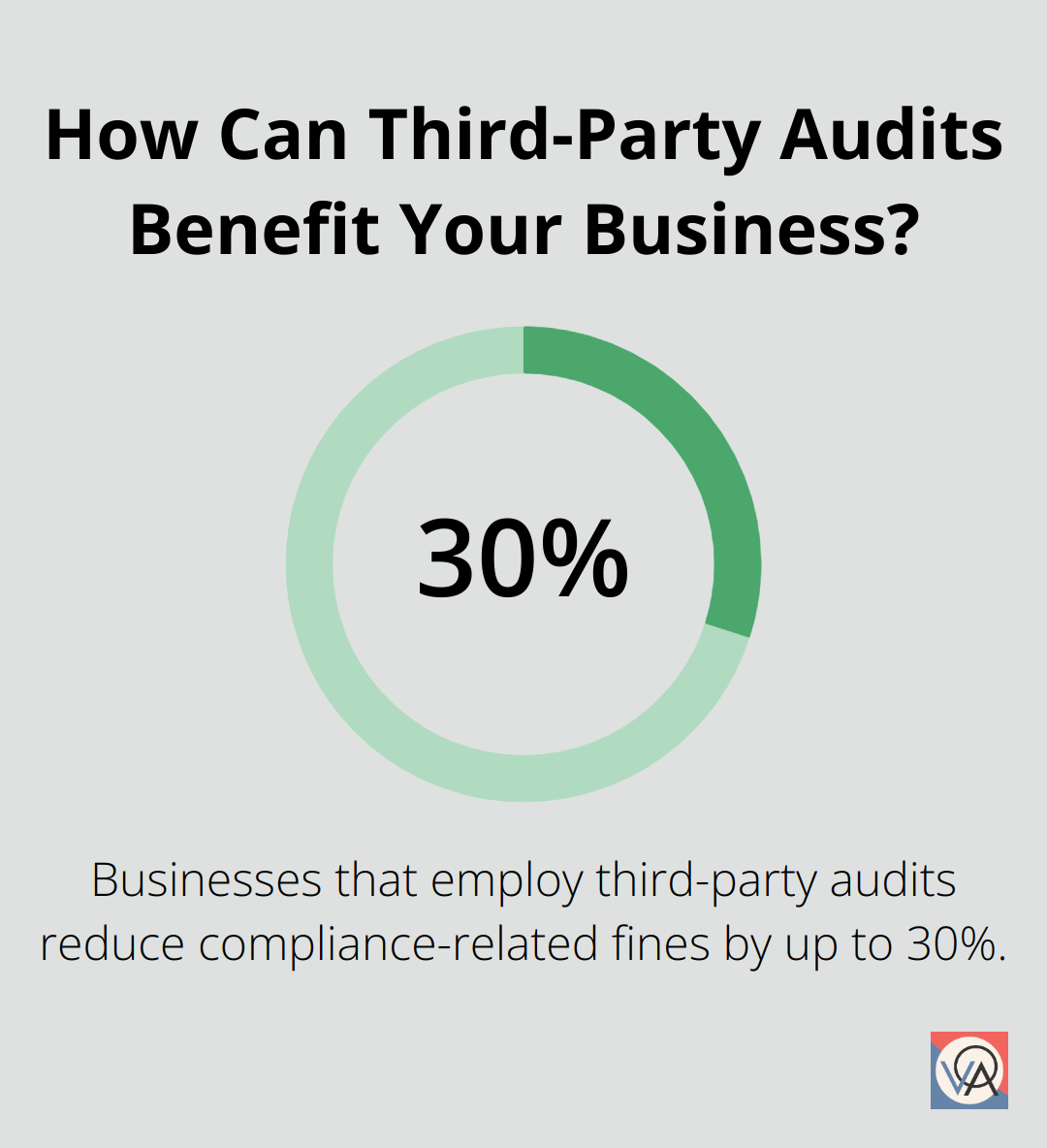
Investing in specialized compliance software can also streamline the process. These tools offer automated alerts and compliance checklists tailored to UK laws. Skip manual tracking and automate your compliance workflow. Remember, staying updated helps prevent costly fines and disruptions to your business.
Implementing Comprehensive Compliance Programs
Compliance programs should extend beyond mere adherence to the rules. They should become an integral part of your business strategy. Conduct regular audits to ensure all products meet UK standards — from nicotine strength limits to packaging requirements.
Engage your staff in continual training to keep them abreast of current regulations. A trained team is your first line of defense against compliance breaches. Additionally, leverage third-party verification services to audit your processes. According to the UK Vaping Industry Association, businesses that employ third-party audits reduce compliance-related fines by up to 30%.
Compliance isn’t just about avoiding penalties. It’s about establishing your brand as a credible, responsible player in the market. Reputation is paramount, and a well-executed compliance program fosters trust among consumers and regulators alike.
Engaging with Regulatory Authorities and Industry Groups
Active engagement with regulatory bodies and industry associations can offer a strategic advantage. Building relationships with authorities like the Medicines and Healthcare products Regulatory Agency (MHRA) grants you a seat at the table when new guidelines are being discussed. This proactive engagement can provide insights into forthcoming regulations, allowing you to prepare in advance.
Joining industry groups can also offer networking opportunities and access to collective lobbying efforts. According to Public Health England, collaborative efforts between industry players and government agencies have led to balanced regulations that benefit both public health and business interests.
Businesses engaging in these activities are better positioned to influence policy changes that could impact the sector. Advocacy and collaboration are essential for staying ahead in this highly regulated market. This proactive stance not only benefits your business but also shapes a healthier, more sustainable vape industry.
Conclusion
Navigating vape regulations in the UK is vital for manufacturers and retailers. The Tobacco and Related Products Regulations 2016 form the core framework, ensuring product safety and quality. Strict guidelines around nicotine limits, tank capacities, and advertising aim to protect public health while promoting responsible industry practices.
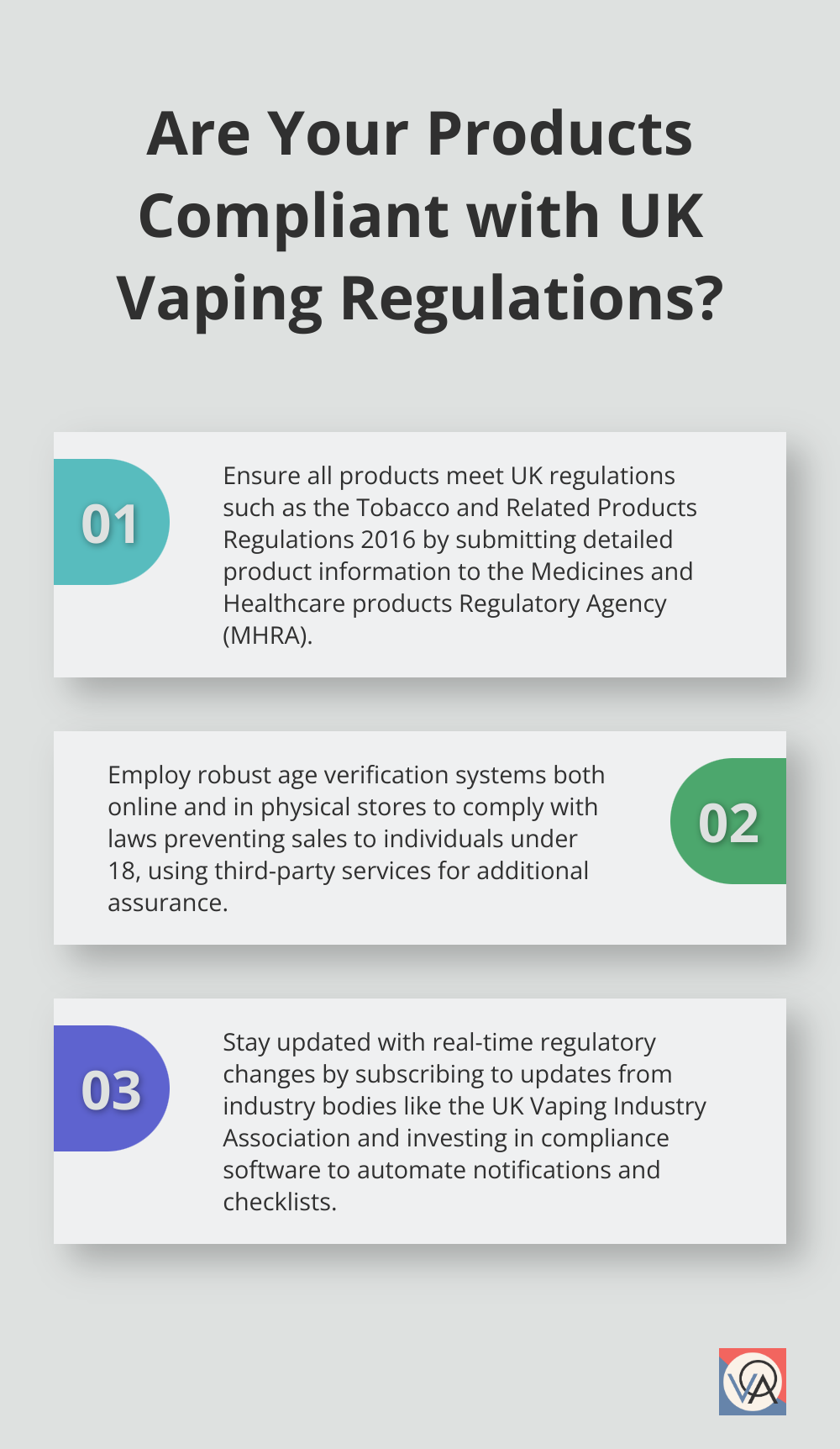
Compliance costs can be high, yet they are crucial for maintaining market access and avoiding legal repercussions. Businesses can benefit from integrating robust compliance programs and leveraging tools like compliance software and third-party verification services. Being proactive reduces risks and enhances reputation.
Understanding these regulations also reveals their impact on consumer behavior. Restrictions on advertising shape public perceptions, while limits on nicotine strength align with consumer preferences. Notably, fruit, menthol, and tobacco flavors remain popular choices.
The UK vape market continues to grow despite these constraints. The rise in disposable e-cigarette use, especially among young adults, highlights the dynamic nature of consumer trends. Businesses that stay updated and adapt to these changes by engaging with industry bodies and regulators are better positioned to thrive.
At Our Vape Advocacy, we aim to help shape a sustainable UK vape industry. By advocating for sensible UK regulations, combating illicit products, and promoting digital age verification, we foster a safer, transparent, and responsible industry. Our efforts in uniting the UK vaping sector contribute to advancing public health and supporting vape businesses. For more information on how we support the industry, visit Our Vape Advocacy.
Staying aware and engaged with ongoing regulatory changes ensures long-term success. As the regulatory landscape evolves, continuous adaptation and compliance are key to fostering a responsible and thriving vape industry.
